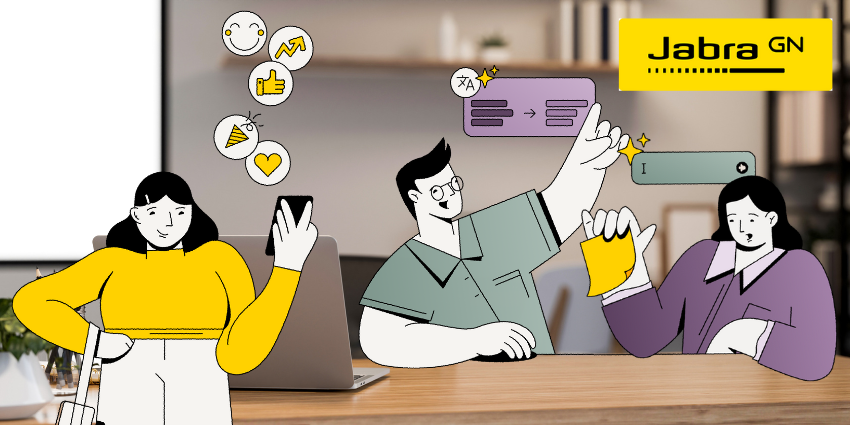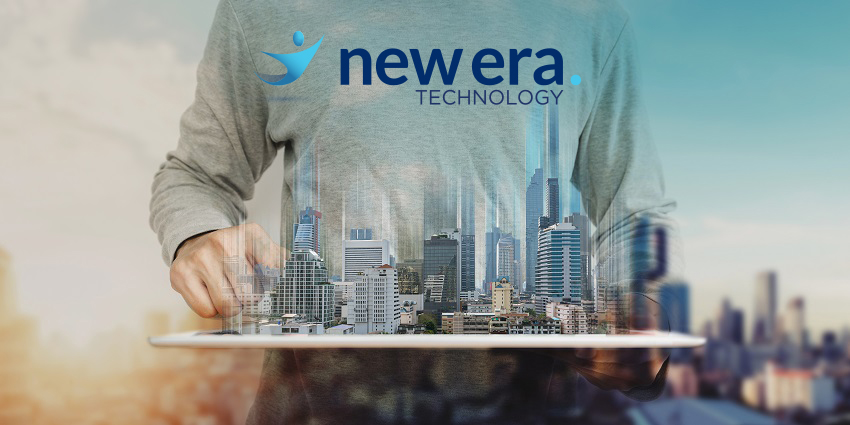It’s safe to say that Artificial Intelligence is a big trend these days. AI and machine learning algorithms are increasingly evolving, delivering collaborative business workflows, automation, and intelligent conversational services. Workplace technologies are becoming smarter, leading to conversational environments that thrive on people, content, data, and connected applications.
The introduction of AI delivers a new era of conversational environments in the workspace. Technology is growing, and new products are emerging from every corner of the industry. Today, the emerging focus on AI is all about making decision support systems more effective across various processes, applications, and domains, bringing intelligent collaboration capabilities to everything from Slack, to Cisco Spark, Google Hangouts, and more.
Introducing Intelligent Collaboration
It’s clear that collaboration is key for any organisation to succeed in today’s workforce. Businesses need to interact efficiently with external and internal parties, fostering a culture where engagement is constantly rewarded. Intelligent collaboration is all about the application of intelligence to collaborative interactions to offer deeper insights and better decision-making. This might involve virtual assistance to make interactions easier, such as is the case with Amazon’s Alexa and Apple‘s Siri, or it may mean bots helping with automated tasks.
Currently, we’re facing an interesting market competition between collaborative providers investing in AI. The major vendors in the space are all competing for dominance in the intelligence space, with strong moves by players like Google, Amazon, IBM, Apple and Microsoft. Interestingly, it’s even been rumored that Amazon is one of the many players interested in Slack takeovers.
Emerging Players
Both Microsoft and Google have established research divisions in the AI sector. Google currently benefits from a rich search inventory and in-depth investments into machine learning. As of May 17th, Google announced that Google.ai is the place to access everything the company is working on in AI. Google is currently leveraging machine learning solutions in its productivity and collaboration offerings.
Similarly, Microsoft announced at its recent Build 2017 conference the introduction of Microsoft Cognitive Services offering AI solutions for developers. Microsoft already incorporates AI capabilities across Office 365 content, and the productivity and collaboration suite. Along with Microsoft Bot frameworks, the idea is to better support conversational experiences. Both Google and Microsoft are trying to develop their partner ecosystems here.
The Overarching Move to AI
Of course, progress can be seen in more than just Microsoft and Google. Almost every collaboration vendor is navigating towards AI, with acquisitions across the board. For instance, Cisco recently announced their acquisition of MindMeld, which will allow for the deployment of AI enabled conversational solutions. This deployment is likely to show up in Spark, and other services for Cisco. What’s more, business applications focused on collaboration and improved customer experience like Salesforce and Adobe have made steps in AI with Einstein, and Sensei.
Vendors today are responding to the direct impact of digital transformation and disruption, which places additional pressure on finding enterprise collaboration workflows, information solutions, and better user experiences for everyone. Adding AI, from natural language processing, to machine learning, and chatbots, should usher in a new world of intelligent collaboration and communication.







